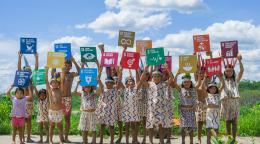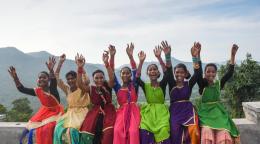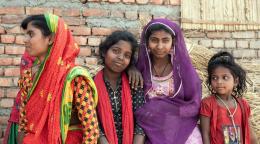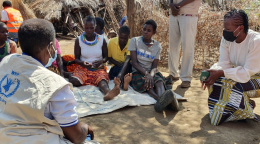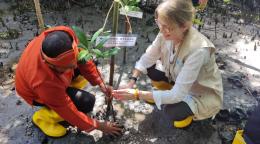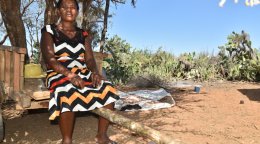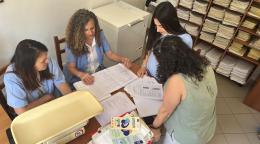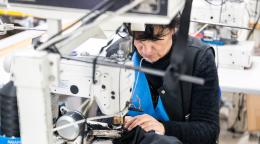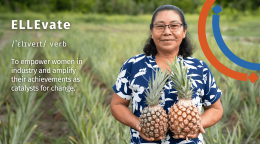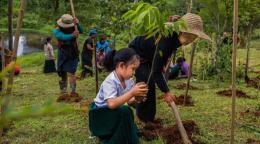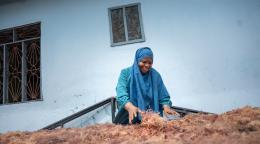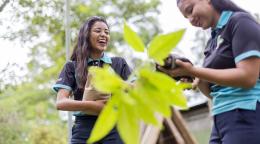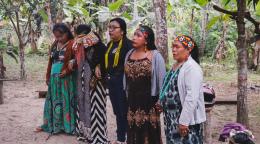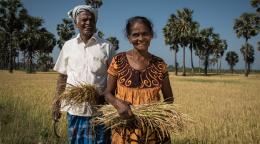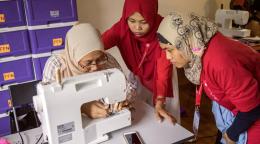Childcare Innovations Empower Moldova's Families and Economy

Moldova is making strides to address a critical challenge: the lack of accessible, affordable childcare services for children under three years old. This gap affects early childhood development and limits parents’—especially women’s—economic opportunities, contributing to systemic gender inequalities and hindering national growth.
In Moldova, only 15 per cent of children under three are enrolled in preschool education, leaving many families without equitable solutions for caregiving. Women, who disproportionately shoulder caregiving responsibilities, often exit the workforce to care for their children. The same data shows that over 53 per cent of women aged 25 to 34 are economically inactive due to family duties. Highlighting the socioeconomic impact of limited childcare services, the poverty rate for households with three or more children stands at 42.1 per cent.
Data from the International Labour Organization (ILO) also shows that insufficient affordable early education and care services for children is a major obstacle to women's employment in Moldova, where the participation rate in early education and care services for children aged 0 to 2 years was 10 per cent in 2021-2022, compared to the EU average of 32 per cent.
Recognising the urgent need for a change, the United Nations in Moldova and its partners, including ILO, UN Women, UNFPA, and UNDP, are working together to support national initiatives tackling these challenges. From creating home-based daycare services to opening child-friendly spaces in workplaces and public institutions, the UN’s work is helping ensure care work is adequately supported and valued, and that care workers get dignified opportunities.
The introduction of new childcare services has brought significant benefits to families and communities in Moldova. Women who were previously unable to work due to caregiving responsibilities have re-entered the workforce, contributing to their family incomes and the nation’s economic growth. Children enrolled in structured programmes have shown marked improvements in cognitive and social skills, laying a strong foundation for their future development. These initiatives have also fostered stronger community ties, as local collaborations have supported the creation of sustainable childcare services.
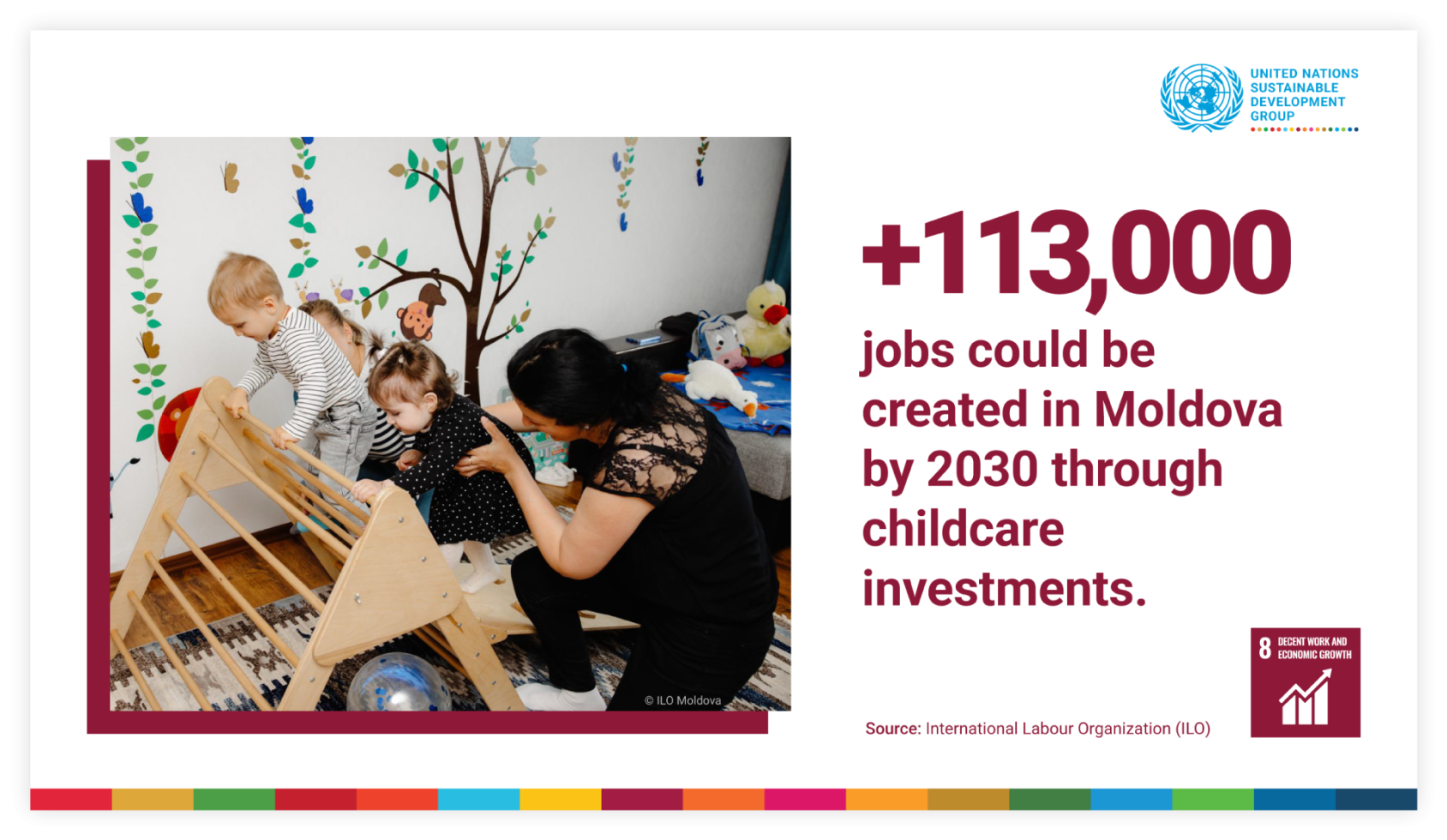
Home-Based Daycare Services
Pioneers like Mariana Grigorenco, an educator who works with children with special needs, have established home-based daycare services with support from the ILO, such as Micul Odoraș, the first daycare for small children in Moldova. These initiatives provide safe, nurturing environments for up to five children per household, enabling parents, particularly women, to return to work. Following the implementation of new legislation, over 20 caregivers were trained to ensure high-quality care, creating new jobs and offering parents the opportunity to choose between childcare services organized and available at their workplace, privately available services, and services provided through family. The UN in Moldova provided support to the government’s efforts to develop this new law.
Childcare Centres and Child-Friendly Spaces at Work
The Moldova’s National Public Security Inspectorate was among the first state institutions to inaugurate a child-friendly room in its Chisinau office in 2024 with UN Women’s support. Designed as a safe and engaging space for employees' children, this initiative represents a significant step in promoting work-life balance within the police force.
Moreover, UN Women worked with national and local partners to open three new childcare centres in the northern towns of Sîngerei, Rîșcani, and Glodeni. These centres support 60 families by enabling them to better balance their personal and professional lives while supporting children to build cognitive, language, social and emotional skills, enhancing their future educational outcomes.
Similarly, nine territorial offices of the National Employment Agency and four mayoral offices were supported by UNDP to establish child-friendly spaces. These areas cater to children accompanying their parents, whether these parents are employees or individuals accessing public services, ensuring a supportive environment for families.
An inspiring example from the private sector is Panilino, one of the first private companies to open a play and leisure area for employees' young children with support from UNFPA. This initiative enabled mothers and fathers to return to work sooner if they choose, offering a practical solution to childcare challenges while fostering employee well-being and productivity.

Online Platform Dedicated to Alternative Childcare Services in Moldova
The online portal serviciialternative.gov.md, which the Ministry of Labour and Social Protection launched with UNDP’s support, quickly became an essential resource for thousands of families, offering reliable and accessible information to meet their childcare needs.
The platform provides detailed updates on available childcare services, alongside a wealth of valuable resources. These include insights into current legislation, practical guides for implementing services, and crucial information tailored for parents and employers.
Investing in Childcare: Building an Inclusive and Sustainable Future for Moldova
The introduction of new childcare services in 2024 was just the beginning. The UN in Moldova team remains committed to supporting mothers’ reintegration into the labour market by helping create child-friendly spaces at work and in educational institutions. In 2025, for example, UNFPA Moldova partnered with Moldcell Foundation and the State University of Moldova to open a child-friendly space on campus, where professors and students can bring their children during the day.
These initiatives fall under UN Moldova’s broader commitment to support the ongoing social reform launched in 2023, which aims to modernise social assistance systems and place child protection and the rights of vulnerable groups at its core.
ILO data highlights that investments in childcare could create over 113,000 jobs in Moldova by 2030, with nearly 29,000 in childcare alone. These initiatives are more than solutions—they are investments in Moldova’s sustainable development, promoting gender equality, economic growth, and the well-being of future generations, leaving no one behind.
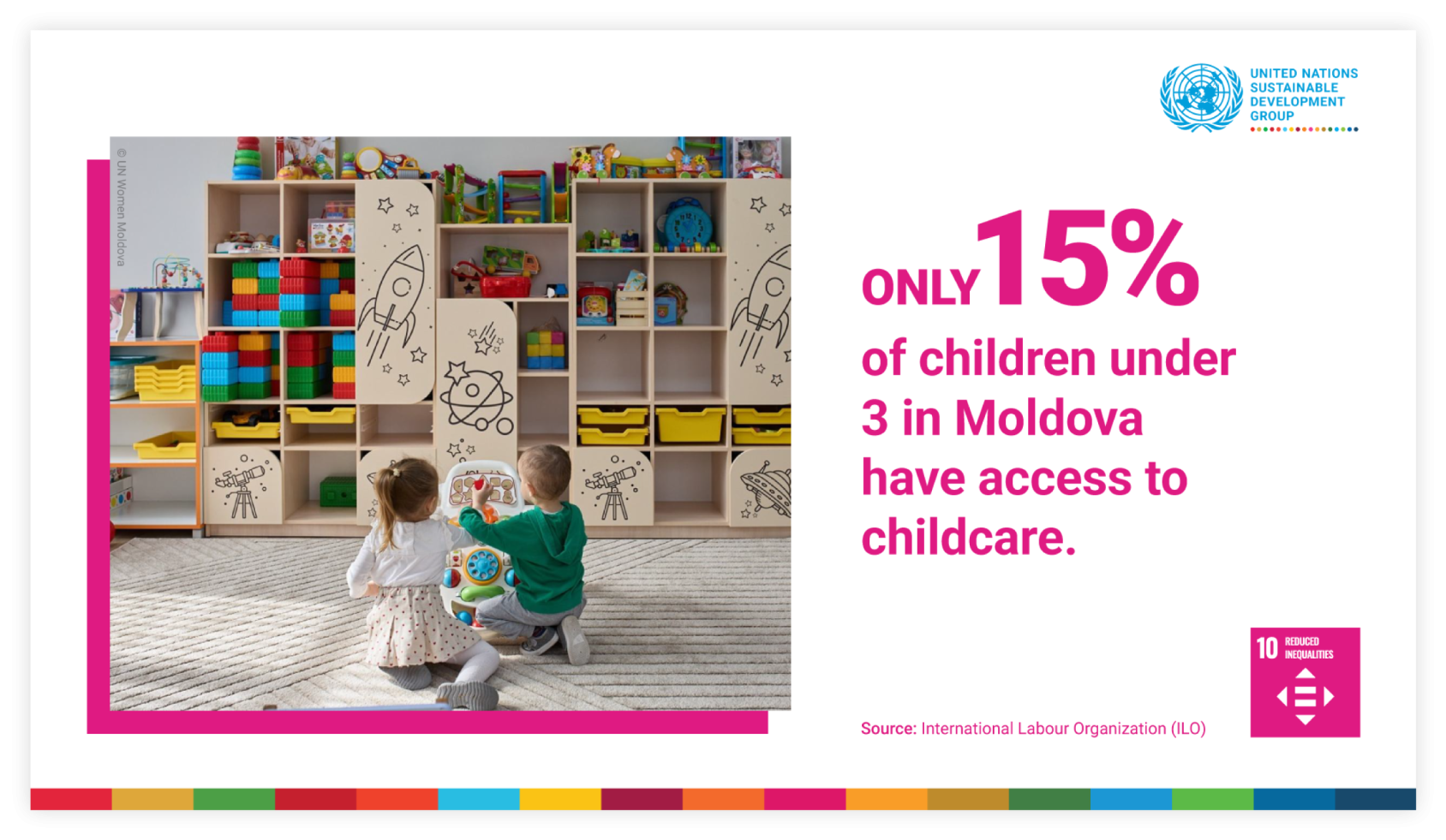
For more information about the UN's work in Moldova, please visit moldova.un.org.
